What you often see referred to in the news as “the Uber class action lawsuit” has a name: it’s called O’Connor et al v. Uber Technologies, Inc. et al. However, now that there’s a proposed settlement in the case, Douglas O’Connor, the first named plaintiff, filed a declaration in court that he objects to the proposed settlement and has hired new lawyers. [More]
class actions
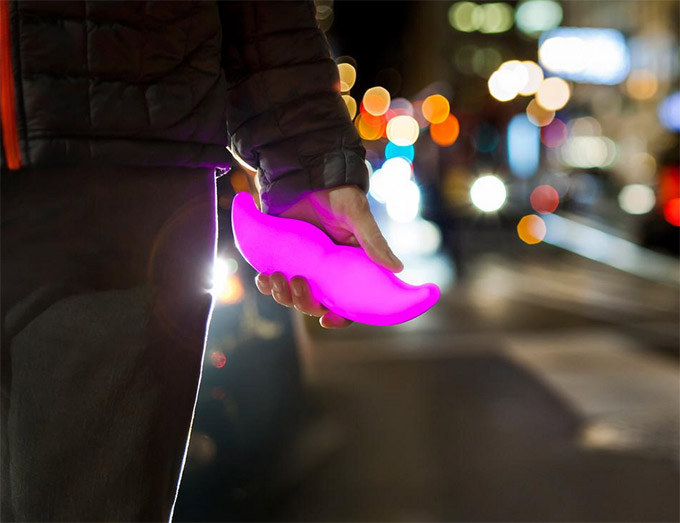
Lyft Agrees To $27 Million Settlement To Keep Drivers As Independent Contractors
Last month, the judge rejected a proposed settlement in a class action against ride-hailing app Lyft, saying that the $12.25 million offer was too low and didn’t account for business expansion in California since the original class action was filed. The company has now agreed on a revised settlement, pending the judge’s approval. [More]
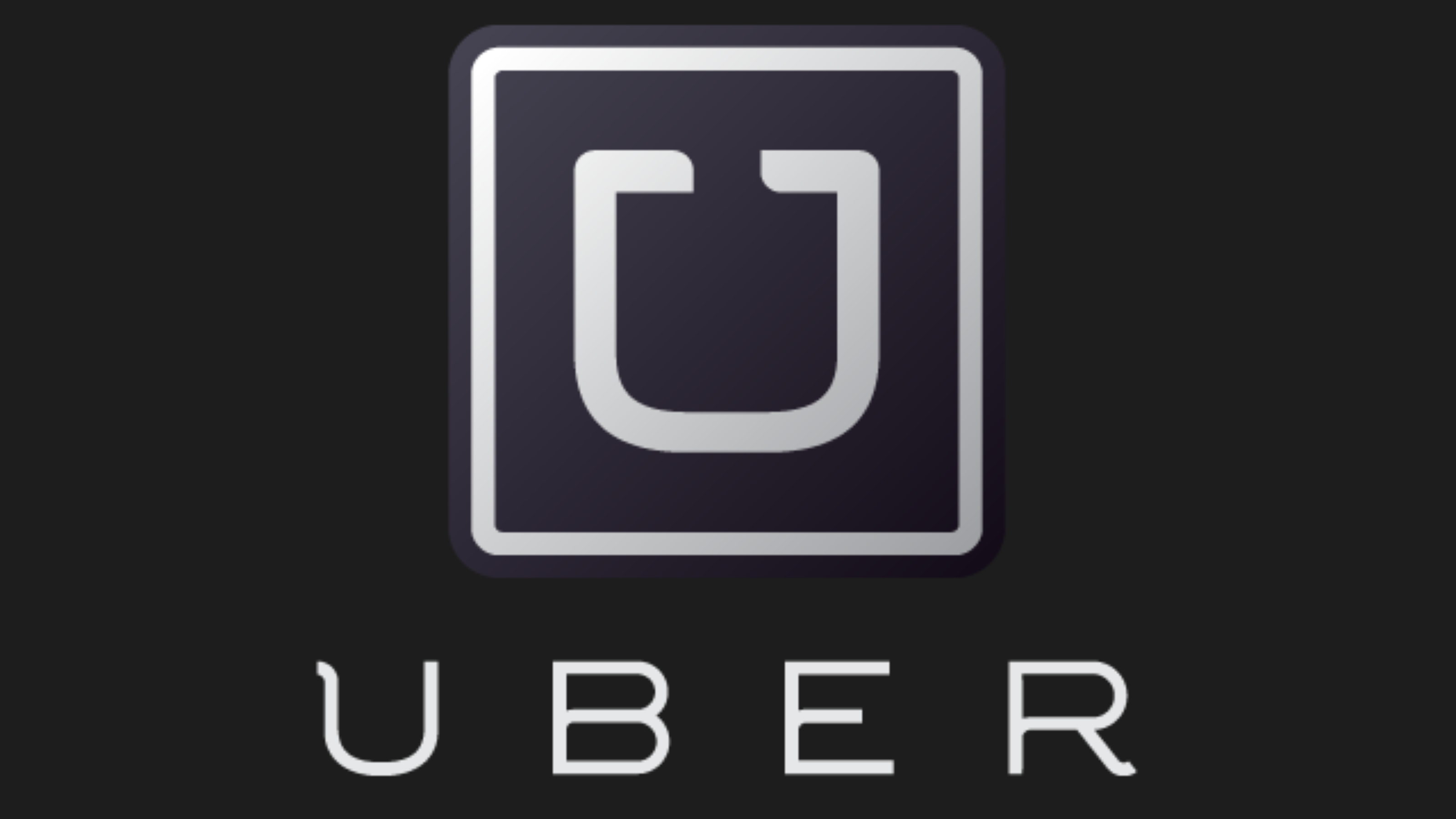
Uber Drivers Are Independent Contractors, Will Receive Up To $100M In Settlement
For the better part of three years, Uber drivers have sparred with the ride-sharing company over the status of their employment: are they independent contractor or actual employees? Today, Uber has agreed to settle two lawsuits over the issue, paying up to $100 million to the drivers who will remain independent contractors. [More]
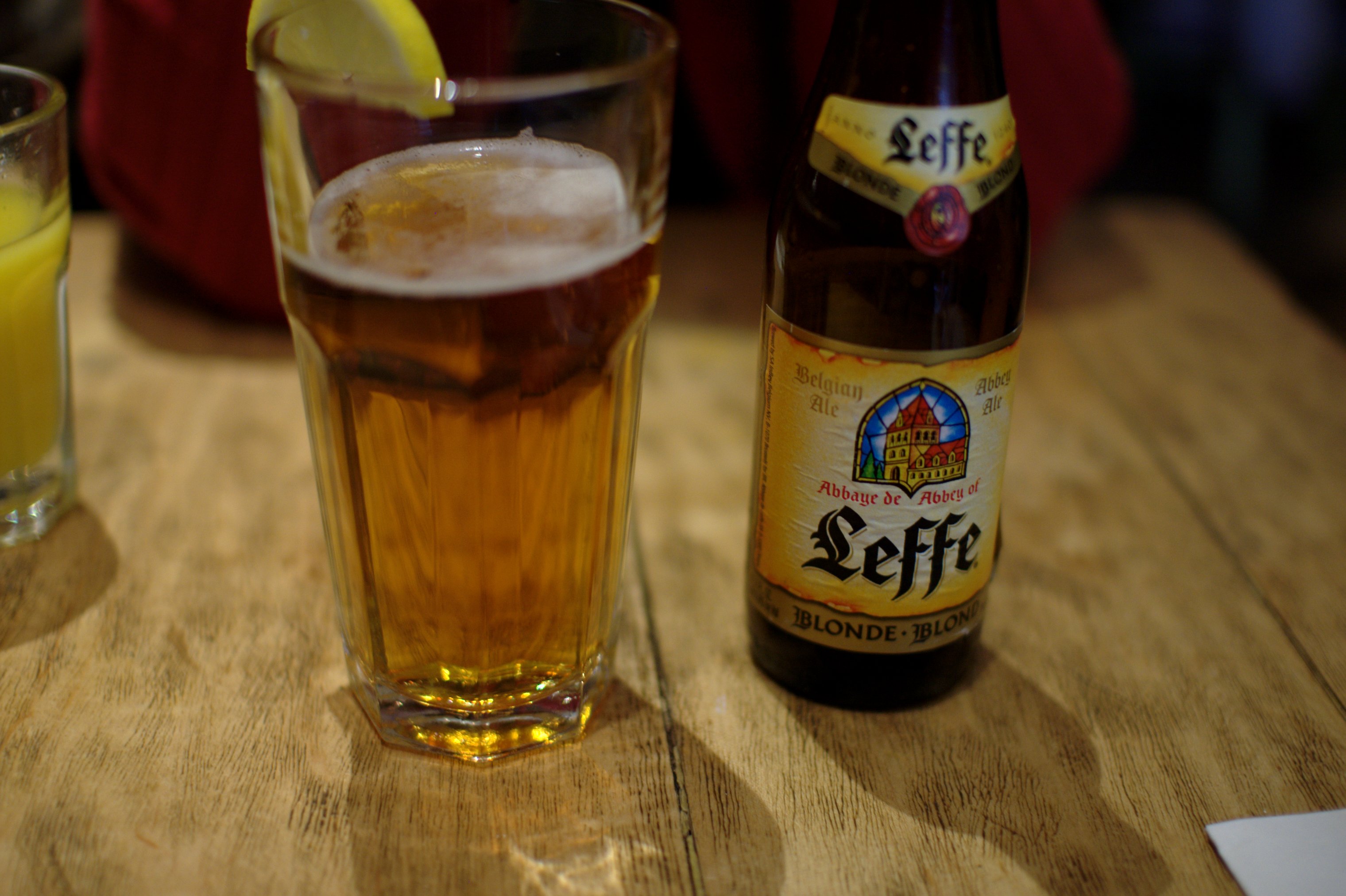
Customer Sues AB InBev Because Leffe Beer Isn’t Brewed In A Monastery
What does “Abbey Ale” mean? To over-simplify, they’re beers brewed in the style of traditional beers made in European monasteries, which are well-respected and popular. A man in Florida has filed a class action lawsuit against brewing giant AB InBev over its Leffe beer, which he claims is marketed as a monastery-made craft brew when it’s really produced in the Stella Artois mega-brewery in Belgium. [More]
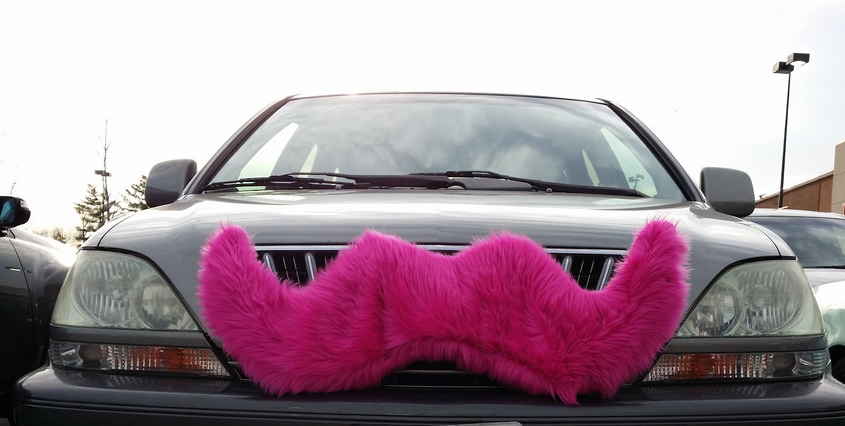
Judge Questions Size Of Lyft California Class Action
The proposed settlement in a class action lawsuit against ride-hailing app Lyft is quite modest compared to what the drivers initially sought: they’re getting about fifty bucks each, and Lyft has agreed to not remove drivers from the platform with no warning and without cause. Now the judge in that case is questioning the settlement, mostly because Lyft has grown significantly in California just in the time that the case has been going through the courts. [More]
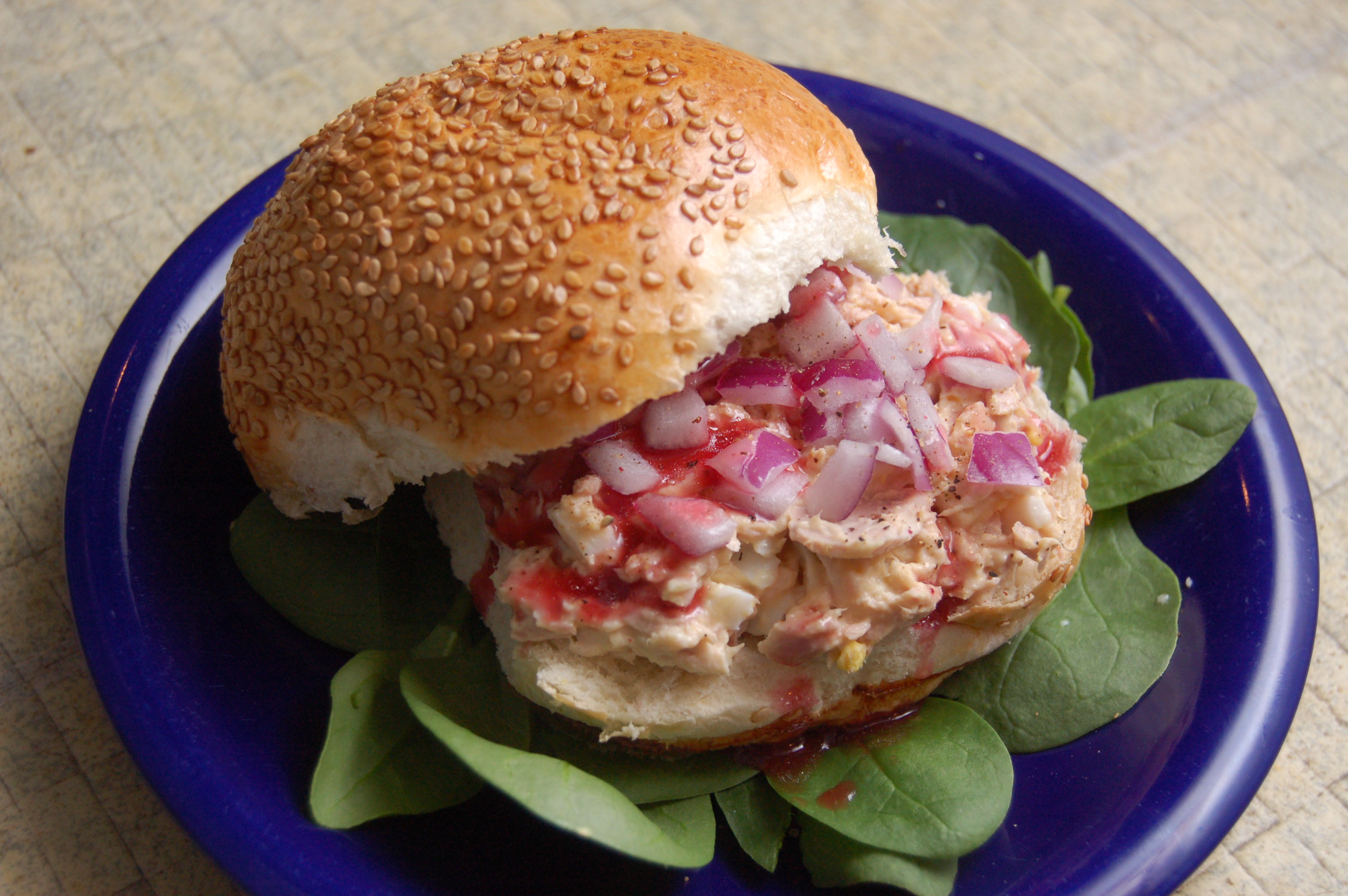
Hey, Where’s My Check Or Coupons From That Starkist Tuna Lawsuit?
With canned tuna in the news due to a recent recall of Bumble Bee and Chicken of the Sea tuna, a few readers remembered the can under-filling class action that they filed claims in last year. One reader pointed out that it’s been a few months: shouldn’t the checks and free tuna vouchers be coming soon? Well… no. Not yet. [More]

Sony Finally Handing Out Free Game Codes From 2014 Lawsuit Over 2011 Outage And Breach
Do you remember the Great PlayStation Network Hack of 2011, which caused a 23-day outage and a massive credit card breach? I didn’t: I had to look it up. If you were one of the estimated 70 million people affected, and you happened to know about a class action suit settled in 2014 to file a claim, you can expect to receive some game credits soon. Make sure that the claims administrators know where to find you. [More]
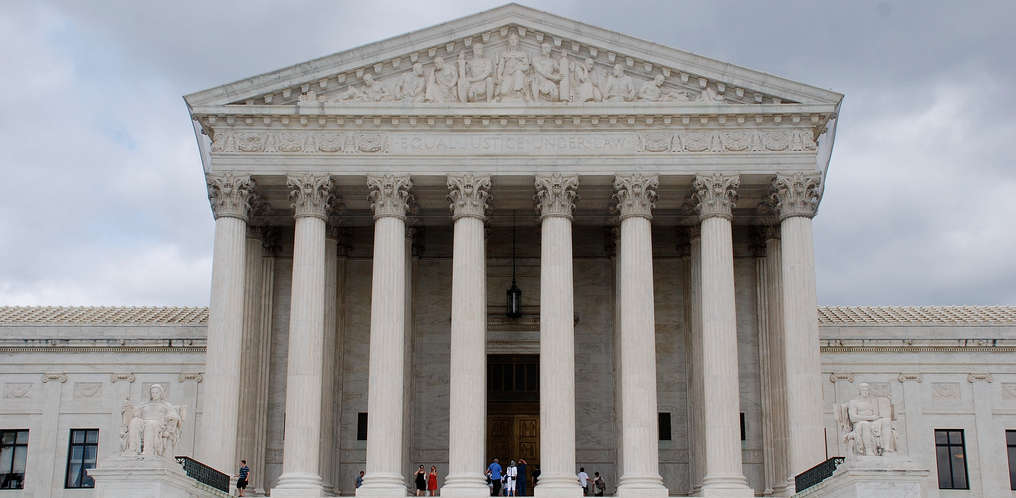
Supreme Court: You Can’t Shut Down A Consumer Class Action By Offering Settlement
If you believe that a company has wronged you and other consumers in the same way, you can file a class-action lawsuit seeking to represent all the purported victims of the company’s misbehavior. But can that company preempt the entire lawsuit by offering you a full settlement in advance? Today, the U.S. Supreme Court (well, six of them) said no. [More]
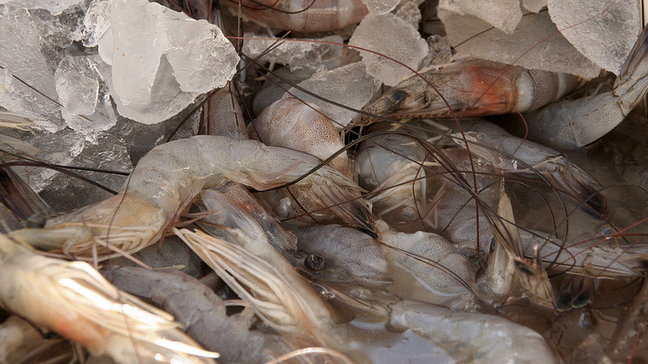
Costco Shrimp Lawsuit Dismissed Because Plaintiff Didn’t Buy Affected Shrimp At Costco
Disgusted at reports that some shrimp sold in the United States may have been caught by people working under slavery-like conditions, a woman in California filed a class-action lawsuit against Costco, the store where she purchased her shrimp. The problem: Costco, as a members-only warehouse, knows exactly what she has purchased, and says she didn’t actually buy any of the affected shrimp. [More]

Got A Fitbit Or Other Gadget For Christmas? It’s Time To Opt Out Of Mandatory Arbitration!
Customers have filed a class action suit against Fitbit, claiming that the company’s Charge HR and Surge fitness bands don’t accurately measure users’ heart rate during vigorous exercise. We’ll keep an eye on the lawsuit and let you know if it goes anywhere, but it probably won’t, and that’s what got our attention. The users filed a class action against Fitbit despite signing (well, clicking) away their right to do so when they registered their devices. [More]

Musician Files $150M Lawsuit Against Spotify For Royalties
To make a song available on a streaming service like Spotify or Apple Music, the services negotiate with record labels and representatives of songwriters. David Lowery is a musician (best known for the bands Cracker and Camper Van Beethoven), a professor, and an activist for artists’ rights in the new music economy, and his latest effort is a class action lawsuit against Spotify for mechanical royalties. [More]
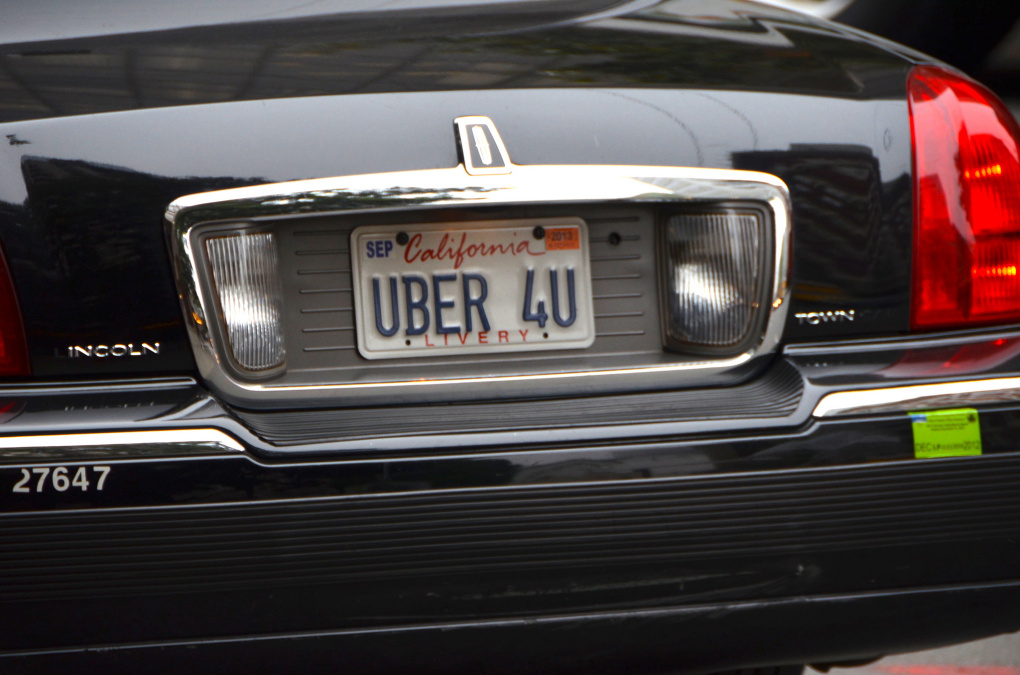
Final Decision In Uber Driver Class Action Won’t Come Until Appeals Court Decides On Arbitration
The trial in the case of California Uber drivers against the ride-hailing app is still going forward, scheduled for June 20, 2016. However, a few weeks ago, the judge allowed all of the drivers taking part to sue for mileage and phone bill reimbursement. Uber is appealing that ruling, and the appeal may not be resolved before the trial. This week, the judge ruled that he won’t make a final ruling until that case is resolved. [More]
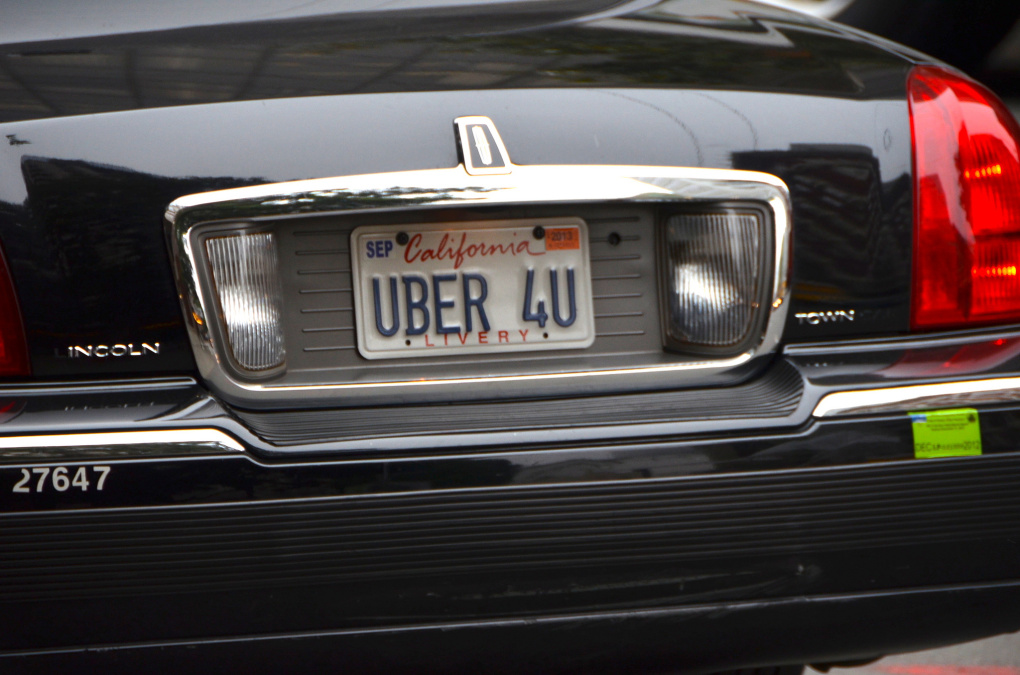
Uber Sends Drivers New Contract That Includes Opting Out Of Any Current Class Actions
Was Uber trying to deliberately trick its drivers when it sent out a new driver agreement, or just trying to make its contract provisions clearer? While the company’s attorneys claim that the new driver contract wouldn’t actually preclude drivers still working for them from taking part in the California lawsuit or other lawsuits against them, the attorney for the affected drivers disagrees. [More]

Federal Judge Rules That California Uber Drivers Can Sue For Vehicle And Phone Expenses
There’s a fairly low barrier to entry if you want to work as a driver for Uber or similar ride-hailing apps: you need to be over 21, have a safe driving record, and have a car that meets the company’s criteria. Then the company sends you work through their app, an arrangement that a current class action lawsuit says makes drivers employees of the service, entitled to reimbursement of their car and phone expenses. Now a federal district judge in California has ruled that the workers are entitled to have Uber cover their vehicle and smartphone expenses. [More]
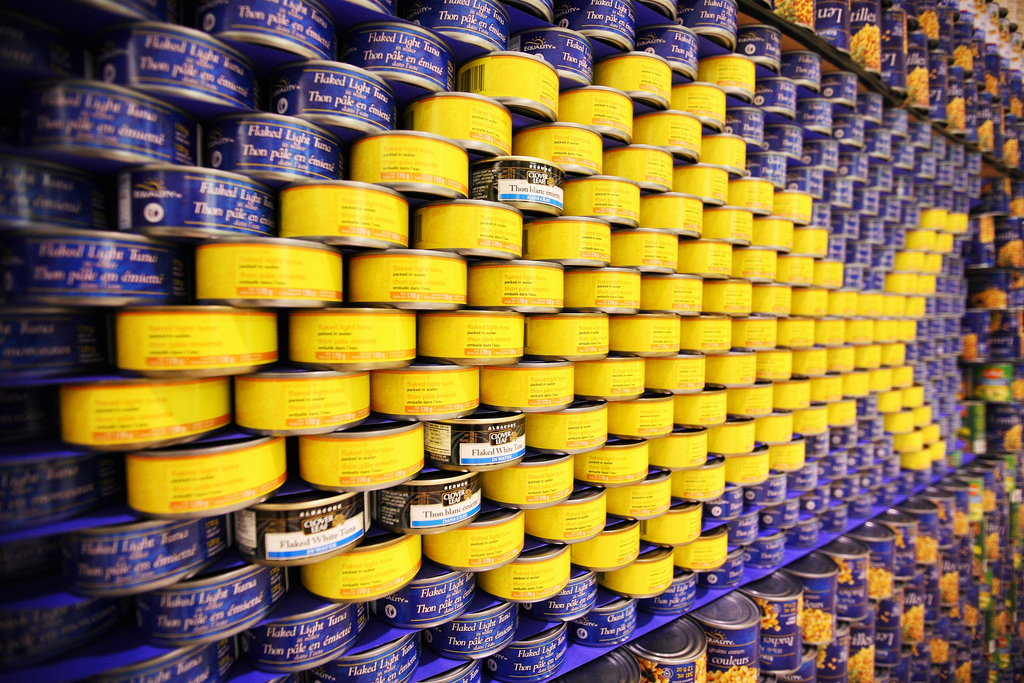
Don’t Forget: Starkist Tuna Lawsuit Deadline Is Friday, November 20
While there’s a new tuna class action on the dock filed against the grocery chain Safeway, don’t forget that the class action against tuna giant Starkist was also settled earlier this year, with millions of dollars and millions of vouchers for free tuna set aside as a settlement. [More]
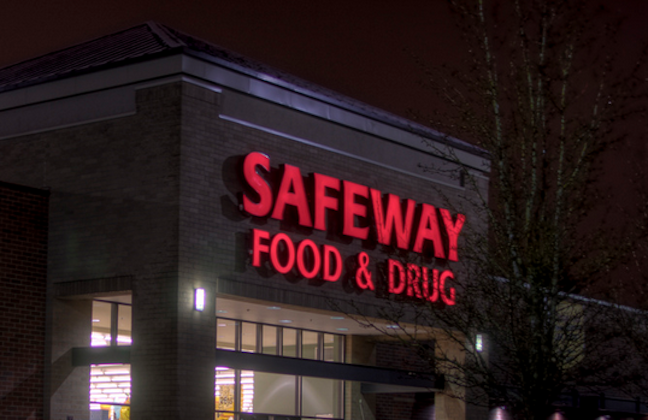
Lawsuit Claims Safeway Deliberately Sold Under-Filled Tuna Cans
The amount of tuna packaged into small circular containers is once again at the center of a consumer lawsuit. This time the $5 million complaint revolves around allegedly under-filled cans of Safeway-branded tuna. [More]

Federal Judge Dismisses Apple Store Employees’ Lawsuit Over Bag Searches
Earlier this year, a 2013 lawsuit filed by Apple Store employees went forward, seeking class action status. The workers complained that mandatory searches of their bags before leaving the store premises occurred while they were off the clock, and the searches were “insulting and demeaning.” Over the weekend, the class action was dismissed. The judge’s reasoning: there’s no reason why employees need to bring a bag to work, or their personal Apple devices. [More]
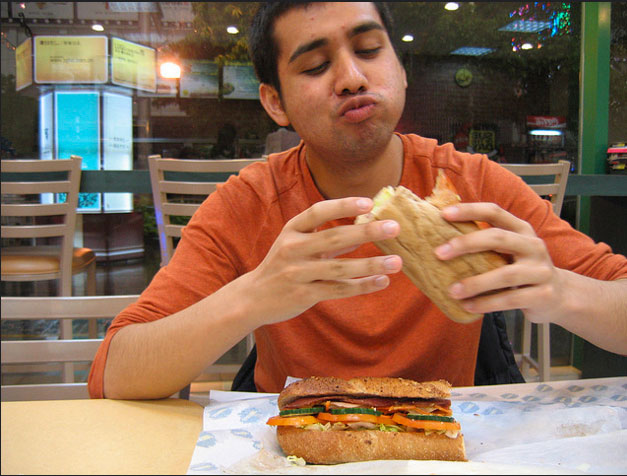
Subway And Shortchanged Sandwich-Eaters Settle 2013 Lawsuit Over Footlong Sub Length
This news may shock you, but “footlong” sandwiches from the chain Subway have not historically been an entire foot long. Back in 2013, customers in different states filed class actions alleging that the sandwiches usually measure 11 to 11.5 inches. While most customers and many sandwich artists would say “close enough,” some literal-minded consumers were unable to abide 11.5-inch and 5.75-inch sandwiches. The lawsuit has finally been settled, and customers aren’t owed any money, because an extra half-inch of bread is apparently its own reward. [More]

